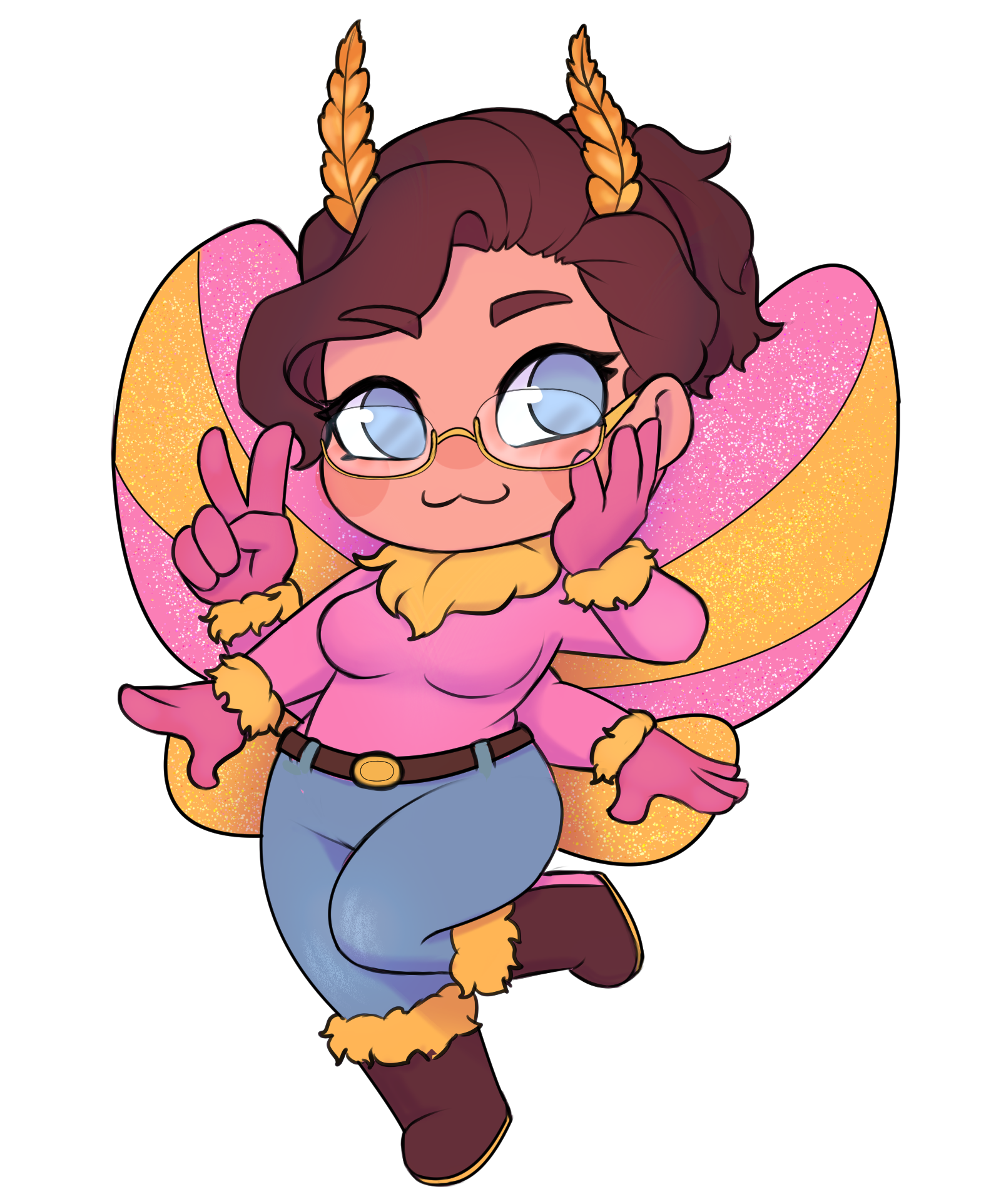The Magic behind Naming Something
For the last five years I have been tossing the idea around whether or not I should take on the endevor of writing and illustrating a tarot deck.
There have been so many released, and many of which were made using ai which is heartbreaking to say the least.
As to why I haven't started? I suppose I don't believe I know enough (despite reading for 8 years) or even just where to start.
Even if I started with a oracle deck I am a much more structured over intuitive reader.
I see the tarot as a form of language only needing 78 words to make every sentence it needs. As for oracle, it is a free, wild, and unique experience in every deck which requires the reader to relearn every oracle deck they purchase. With a tarot deck it takes me only a week to connect, while an oracle deck can take months even if it has less cards.
That being said, drawing only 40 cards rather than 78 seems a lot more managable.
So perhaps I will make my own oracle deck first. I won't need to spend as much time bonding but I will need to adjust their definitions as they learn themselves.
What if I made the symbolisms with only one word of context and learned each card from there, letting the deck come before the book?
Allow the card to embody and form instead of forcing it into a box, and teaching myself to grow from the box I forced myself in.
Perhaps there are concepts not explored nor defined and cannot explain themselves without having the tool to bring them into our comprehension.
Exploring the Power of Naming
Western society does acknowledge that men (on average) "see less colors" than women (on average). Some attribute this to hunter versus gatherer gender assignment, which was an assumption many researchers had due to male and western bias. This article by Nurith Aizenman explains it futher.
"What's more, Haas says, his own experience illustrates how the "near universal" view of men as the sole big-game-hunters may be warping researchers' ability to recognize data to the contrary. In addition to creating blind spots in the understanding of modern hunter-gatherer societies, Hass says it also appears to have led scientists to overlook key clues from the other main source of evidence on early humans: ancient burial sites and the human remains and artifacts found there."(Aizenman).
So since it's probably not genetic, perhaps its because they are not culturally exposed to the vocabulary for the differences like women are. While men can only state "light green" "green" and "dark green", a woman can say "Pistachio" "Olive" and "Pine".
With these definitions a "man" might not notice or explain a cool green versus a warm green. When a woman can tell how "mint green" is cooler than "pistachio" but warmer than "seafoam".
Has this changed as gender roles have evolved and fashion is more inclusive therefore providing more tools and vocabulary to communicate color?
It's unconfirmed, but theorized.
For example there is this article. That explains the study by psychologist Jules Davidoff did with the Himba tribe from Namibia. This group has several additional words for the color green and were much more adept in telling subtle differences in green color comparison tests.
So while we may see green we don't see the depths in which one with more words to name the differences can.
The same article states there is scientific evidence we possibly weren't able to see blue due to lacking the word for it.
Blue had always been there, has always existed, but imagine if we couldn't perceive it. How strange would it be to try to explain something without the word. Sure we can say "sky" or "sea" but they change color often. It wasn't until one found a word to use were we able to explore it.
Vocabulary and bias can change how one perceives the world even if the physical is different.
Naming something makes it real.
According to "The Power of Names" by Adam Alter there is, what Alter dubs, a linguistic Heisenburg Principle. "...as soon as you label a concept, you change how people perceive it. It’s difficult to imagine a truly neutral label, because words evoke images..."(Alter).
So how do we explore concepts that have no name? How do we even see it?
As time goes on we can make and loose words and still have the concept remain.
Some cultures are able to identify something others are blind to, but the meaning is so deep an complex its nearly impossible for someone from outside of the culture to understand without guidence. That is why it is so easy to appropriate, we don't know what we don't know, and often steam roll nuance for sake of an easy definition.
Example? Look what the west did to the word Karma. The concept is a complex spiritual idea of consequences for your own actions that many take years to understand and practice.
In America we colloquially use is as universal punishment, usually to shame another persons' bad actions. This is heavily influenced by our Christain Nationalist culture that believes in a black and white sense of morality. Even I, someone who was raised atheistic, had a fear of god or divine justice. Its intrinsic. Rare is the use of Karma in a positive way.
We cannot understand the "true" concept of Karma without immersing ourselves into its respective culture. Even still there are several religions that believe in Karma and they vary in concept as well.
Why don't we use consequence instead? The word "Karma" is shorter, easier, and commonly used.
So once again, where do we go? How do we know what isn't named? Observation.
Everything that can be named is first an experience. Whether a problem or a solution, naming something allows us to rememeber, reflect, and redefine as needed.
So I will continue to journal and see if I can find experiences that are unnamed and perhaps explore what they are.
Until Next Time,
Maple






